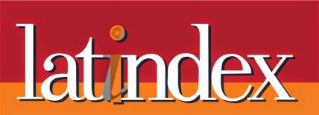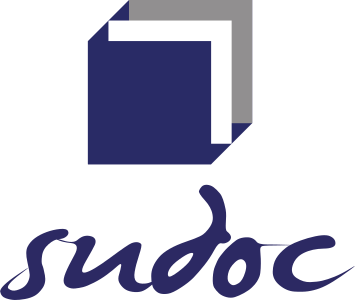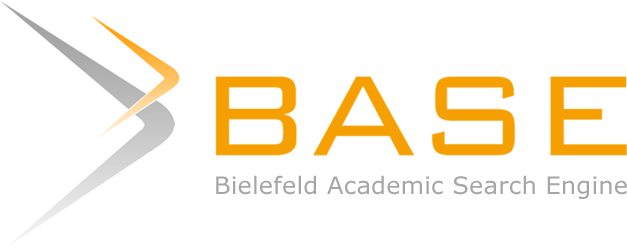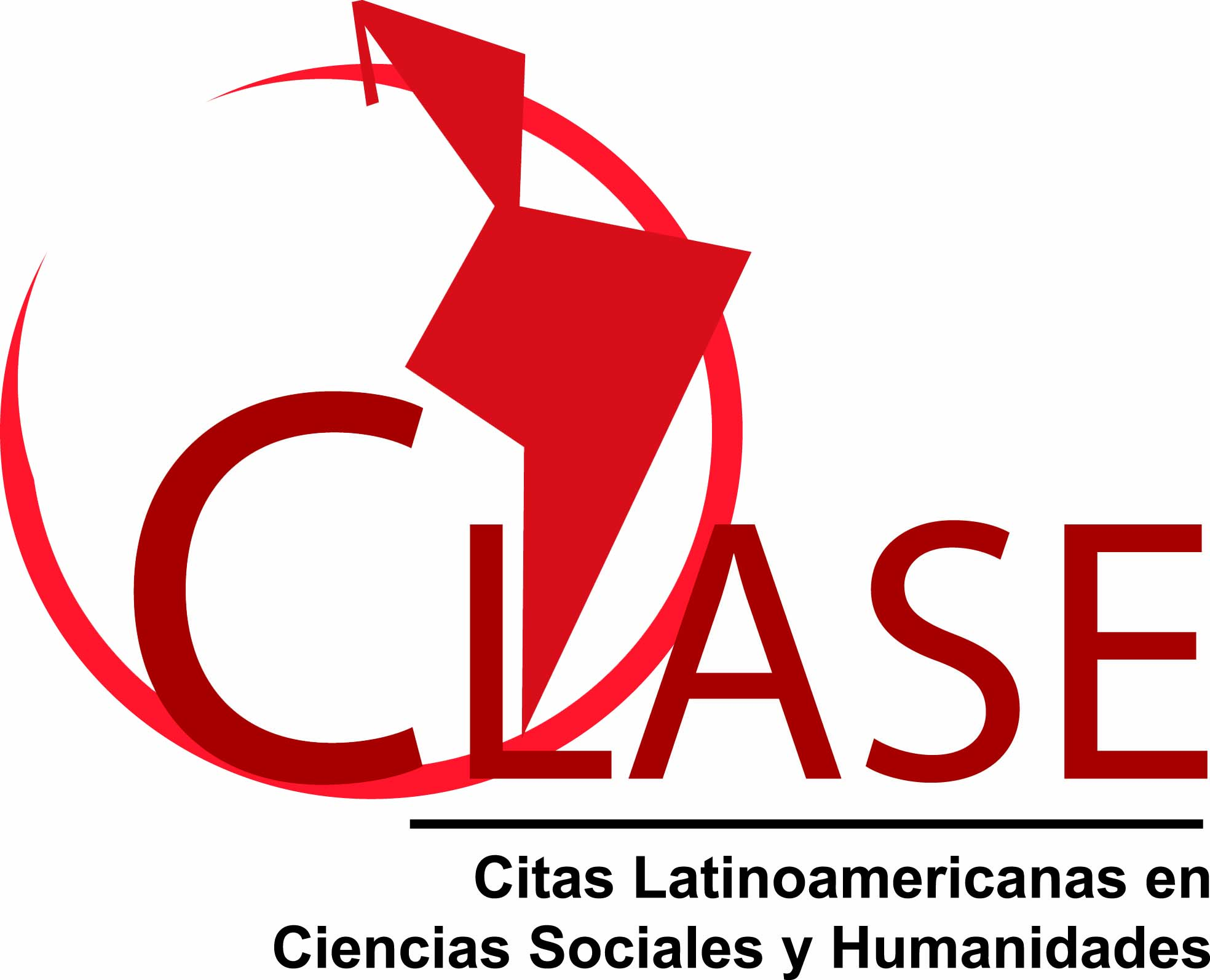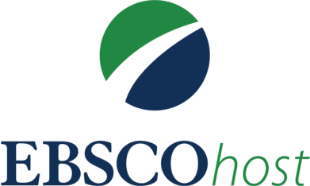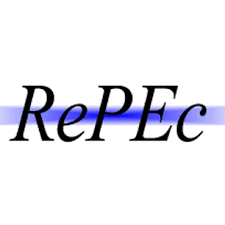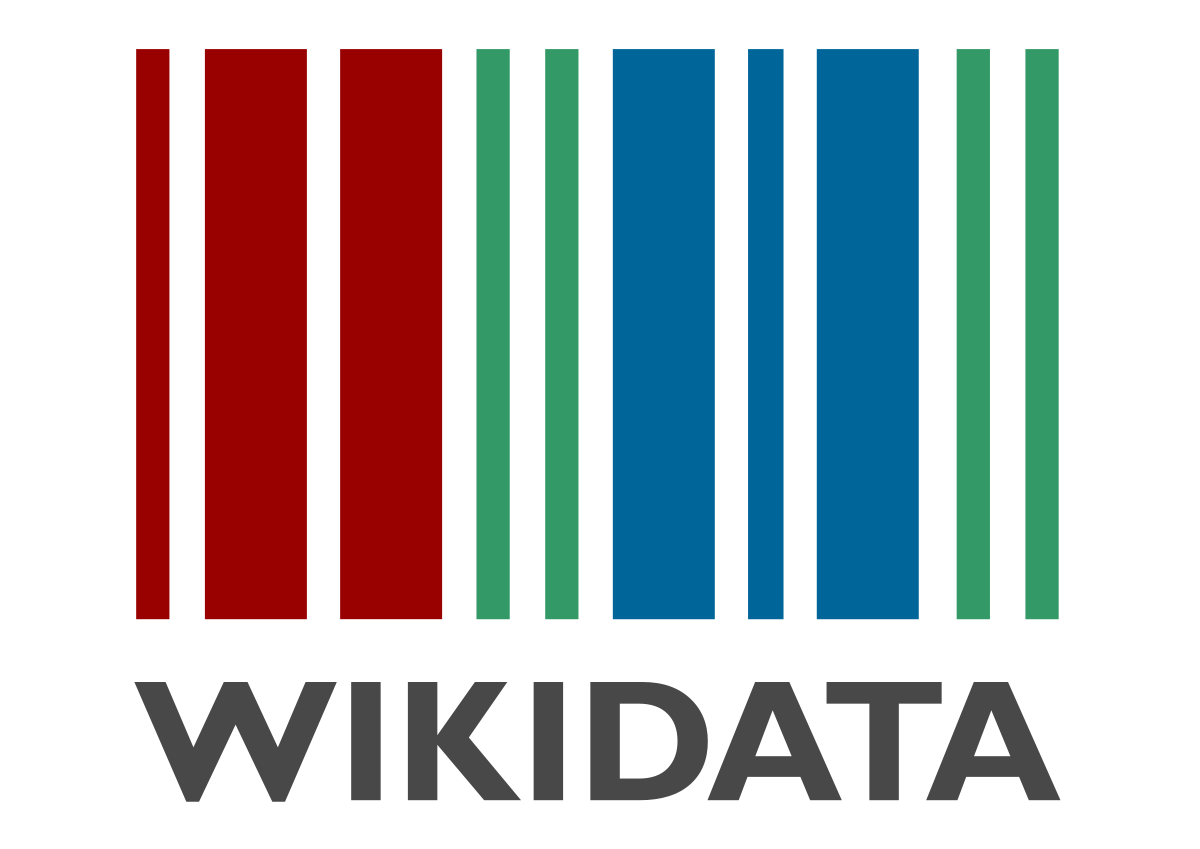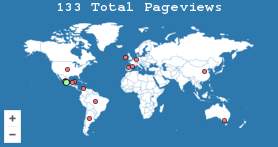Medicina del mejoramiento, ¿reto a los fines de la Medicina?
DOI:
https://doi.org/10.36105/mye.2020v31n3.03Palabras clave:
medicina del mejoramiento, enhancement, transhumanismo, fines de la medicina, acto médico, bioéticaResumen
La medicina del mejoramiento reta los fines tradicionales del acto médico basado en la terapéutica, y se acerca al pensamiento transhumanista. Actualmente se practican, con aval científico, diversas modalidades de medicina del mejoramiento, pero deben ser reflexionados sus extremos en sujetos sanos, a través del enhancement, a fin de no perder el sentido propio de la medicina y el cuidado de la beneficencia del paciente.
Descargas
Referencias
2 TETER SMITH, M. E., & FARAH, M. J. Are prescription stimulants «smart pills»? The epidemiology and cognitive neuroscience of prescription stimulant use by normal healthy individuals. Psychol. Bull.; 2011; 137(5): 717-741. https://doi.org/10.1037/a0023825
3 CÉLIS, D. Sale of antidepressants in Mexico exceeds $180 million annually in 2015. Excelsior. Consulted March 9, 2019. Available at: https://www.excelsior.com.mx/opinion/2011/12/08/dario-celis/7927943
4 KIRSCH, I. AND SAPIRSTEIN, G. Lisent Prozac, but listen to placebo: a meta-analysis of antidepressants drugs. In: KIRSCH I. (ed.) How expectancies shape experience. 1999; pp. 303-320. https://doi.org/10.1037/10332-012
5 ELLIOT, ANTHONY. Anagrams. Medellín, Colombia. Volume 9, No. 18, pp. 145-164.
6 AMERICAN SOCIETY OF PLASTIC SURGERY. News. Accessed March 18, 2020. Available at: 1https: //www.plasticsurgery.org/
7 SANSONE, R. A., SANSONE, L. A. Aesthetic surgery and psychological problems.Psychiatry (Edgmont). December 2007; 4(12): 65-68. PMID: 20436768; PMID:PMC2861519.
8 ROHRICH, R. J., ADAMS, W. P., POTTER, J. K. A review of psychological outcomes and suicide in cosmetic breast augmentation. Plast. Reconstr. Surg. 2017; 119: 401-408.
9 KREBS, GEORGINA ET AL. Recent advances in understanding and managing body dysmorphic disorder. Evid Based Mental Health. August 2017; 20(3): 71-72. https://doi.org/10.1136/eb-2017-102702
10 SCHLEIM, S., QUEDNOW, B. B. How realistic are the scientific assumptions of the debate on neurological improvement? Evaluation of hypotheses of neuro-stimulation prevalence and pharmacological optimism. Front. Pharmacol. 2018; 9(3). https://doi.org/10.3389 / fphar.2018.00003
11 NANCARROW, S. A., STAND, A., ARISS, S., SMITH, T., ENDERBY, P., ROOTS, A. Ten principles of good interdisciplinary team work. Hum. Resour, Health. May 10, 2013, pp. 11-19. PMID: 23663329; PMID: PMC3662612. https://doi.org/10.1186/1478-4491-11-19
12 HANSON, M., CALLAHAN, D. The objectives of Medicine. Forgotten Problems in Health Care Reform. Hastings Center Studies. In: Ethics series. United States; 2000. https://doi.org/10.4067/s0034-98872003000900016
13 CASAS, MARÍA DE LA LUZ. Bioethical bases for decision making. Ed. Trillas: México; 2010, p. 32.
14 TED. The rebirth of our species. Consulted March 28, 2018. Available at: https: //www.youtube.com/results?Search_query=ted+talks+neil+harbissononMarch28, 2018.
15 GUTIÉRREZ, L. Kalaca Skull in 2018. Consulted March 25, 2019. Available at: https://www.youtube.com/watch?v=gUmBxFGhUfk&t=5s
16 POLAINO-LORENTE, AQUILINO. The dignity of the person. In POLAINO-LORENTE, AQUILINO. Some issues around the Bioethics basis. 1997; 3rd ed.; p. 27. https://doi.org/10.5585/prismaj.v9i2.2398
17 PELLEGRINO, EDMUND. Biotechnology and the Human Good. Georgetown University Press: United States; 2007.
18 THOMAS ANDREOLI, E. The undermining of academic medicine. ProQuest: Washington; Nov / Dec 1999; 85(6): 32-37.
19 PELLEGRINO, E. Biotechnology, enhancement and goals of Medicine. Dignity. 2004; 10(4). Consulted March 2, 2019. Available at: https://cbhd.org/content/biotechnology-human-enhancement-and-ends-medicine
20 Op. cit.
21 KASS, LEON R. Regarding the end of medicine and the pursuit for health. United States: Public interest; 1995; 40: ll. PMID: 11662217
22 OTTOIS, GILBERT. Humanism, Transhumanism, Post humanism. Rev. Col. Bioet.2013; 8(2): 7. https://doi.org/10.18270/rcb.v8i2.797
23 BOSTROM, NICK. A history of transhumanist thought. In: Academic Writing across the Disciplines. Eds. MICHAEL RECTENWALD & LISA CARL; New York: Pearson Longman; 2011; p. 15
24 BOSTROM, NICK. Why I want to be a Post human When I Grow Up. Medical Enhancement and Post humanity. Eds. BERT GORDIJN AND RUTH CHADWICK. Uses Springer; 2008; p. 107. https://doi.org/10.1007/978-1-4020-8852-0_8
25 HUMANITY + BOARD. Transhumanist Declaration. Accessed March 18, 2020. Available at: https://humanityplus.org/philosophy/transhumanist-declaration/
26 BOSTROM, N. In defense of post human dignity. Bioethics. 2005; 19 (3): 202-214. https://doi.org/10.1111/j.1467-8519.2005.00437.x
27 JONAS, H. The Principle of Responsibility: test of an ethics for the technological civilization. Barcelona: Herder; 1995. https://doi.org/10.2307/j.ctvt9k2sz
28 AUSTRIACO, N. Human nature as normative concept: relevance for health care. In: Handbook of the philosophy of medicine: Dordrecht, Springer Science + Business Media. 2015; pp. 1-10.
29 HERRERA-PAZ, EDWIN FRANCISCO. Population genetics and the origin of human diversity. 2013; 81(1).
30 BOSTROM, NICK, REBECCA, ROACHE. Ethical Issues in Human Enhancement. New Waves in Applied Ethics. Eds. JESPER RYBERG, THOMAS PETERSEN &. CLARK WOLF. 2008, p. 137.
31 BOSTROM, NICK, ROACHE, REBECCA. Ethical issues in human enhancement. In: J. RYBERG, T. PETERSEN AND C. WOLF (eds.). New Waves in Applied Ethics. Palgrave-Macmillan. 2008; pp. 120-152.
32 HASTING CENTER. The purposes of Medicine. Ed. Notebooks of the Fundación Víctor Grífols i Lucas: Barcelona; 2005.
33 MALMQVIST, E. Reproductive choice, enhancement, and the moral continuum argument. J. Med. Philos. 2014; 39(1): 41-54. PMID: 24334271. https://doi.org/10. 1093/jmp/ jht058
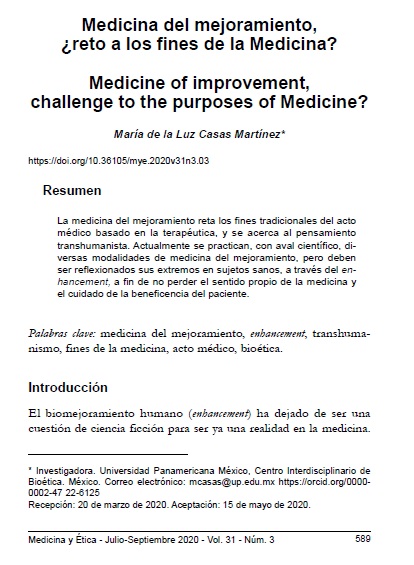
Descargas
Publicado
Número
Sección
Licencia
Derechos de autor 2020 María de la Luz Casas Martínez

Esta obra está bajo una licencia internacional Creative Commons Atribución-NoComercial-CompartirIgual 4.0.
Medicina y Ética se distribuye bajo Licencia Creative Commons Atribución-NoComercial-CompartirIgual 4.0 Internacional.
El autor conserva los derechos patrimoniales sin restricciones y garantiza a la revista el derecho de ser la primera publicación del trabajo. El autor es libre de depositar la versión publicada en cualquier otro medio, como un repositorio institucional o en su propio sitio web.













